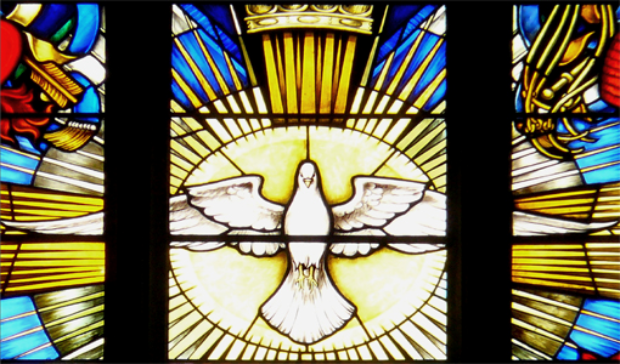In 2000, the Lilly Endowment launched an ambitious project intended to support and encourage religious-affiliated colleges and universities to recover and reanimate the idea of vocation on their campuses. St. Thomas was one of the few Catholic schools invited to submit a proposal for a major grant. Our proposal was drafted by a committee whose members were drawn from across the university, and the proposal was approved in December 2001. The grant provides support for a wide range of activities over a period of five years.
The program, which formally began its operations in September 2002, is under the leadership of Don Briel, director of the Center for Catholic Studies. The day-to-day operations of the program are coordinated by Robert Kennedy and assisted by Mary Margaret Hoden.
Beyond Career to Calling, as it has been named, comprises nearly 30 distinct initiatives, involving faculty, staff and students from Catholic Studies, Theology, Philosophy, Justice and Peace Studies, Social Work, the College of Business, Campus Ministry, and other departments and offices. Some elements of the project will begin this year, while others will phase in over the remaining years of the grant. In addition, a significant amount of money was reserved in the original proposal for scholarships for students who exemplify the Christian response to vocation in their lives and for new initiatives created by faculty and staff.
St. Thomas’ plan is shaped by three principal objectives. First, we hope to stimulate a more profound examination in the curriculum of the moral and spiritual dimensions of the person and of human work. In other words, the goal is to encourage students to view their studies not merely as career preparation but also as an integral step in discerning and responding to God’s call. Second, we aim to support current efforts and new initiatives to assist individuals to discern whether they are called to ordained ministry or religious life. Third, we wish to create opportunities for faculty and staff to encounter the Catholic intellectual tradition and its implications for their own understanding of vocation.
The Second Vatican Council retrieved the idea that every person is called not only to union with God, but also to play particular roles in building up the kingdom. Each person has gifts suitable for the role that he or she is called to play and, in a fallen world, one of life’s challenges is to discern and embrace that role.
A corresponding challenge for a Catholic university is to encourage students (and faculty and staff, for that matter) to take the idea of vocation seriously and to support them in discerning and preparing for the life’s work to which they are called. This may also include, of course, helping some students to discern whether they are called to priesthood or religious life.
The specific initiatives in place at St. Thomas include curriculum development activities in the Philosophy and Theology departments, student internships in Catholic Studies and Justice and Peace Studies, and a variety of efforts to encourage students to consider priesthood and religious life. Other initiatives are focused on faculty development, both to enhance an understanding of vocation and to acquaint faculty more deeply with the Catholic intellectual tradition. Still other programs will bring speakers to campus and develop the concept of vocation in the professions.
All in all, we hope and expect that Beyond Career to Calling will further encourage St. Thomas to recover the meaning of its vocation as a Catholic university and to spark a lively sense of vocation in every member of the university community.






